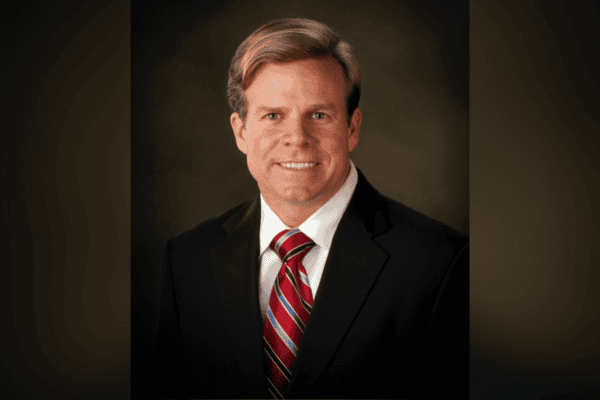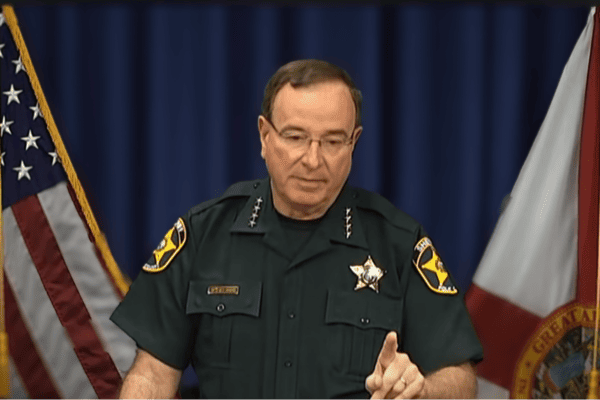Florida Supreme Court expected to rule on abortion and marijuana ballot access Monday

TALLAHASSEE, Fla. – The Supreme Court of Florida is expected to rule on two ballot initiatives relating to abortion and marijuana on Monday.
The ruling will come after Attorney General Ashley Moody challenged the ballot initiatives that received the number of required signatures needed to be placed on the 2024 ballot in the state.
The abortion amendment allows for doctors to perform abortions in Florida up until the point of viability. Moody argued that the language of the initiative is misleading and that viability is not a set and determined point in a pregnancy.
The marijuana amendment hopes to legalize the drug’s recreational usage in the state for those 21 or older. Currently, Florida allows for medical marijuana usage.
Oral arguments were heard on the abortion ballot initiative in February at the Supreme Court. Pro-life and pro-choice demonstrators were joined by legislators outside while the arguments were being heard.
“The earth is the Lord’s. It does not belong to these baby killers,” Rep. Webster Barnaby, R-Deltona, said on the steps of the court as he gestured to the pro-choice activists.
“Welcome to planet earth, where we love people, from the womb to tomb,” he said.
Florida’s Voice asked Minority Leader Fentrice Driskell, D-Tampa, and Florida Democratic Party Chairwoman Nikki Fried after the court arguments when they believed human life began. Both refused to define specifically when they believe a baby in the womb is a human and living.
Legislation attempting to limit THC potency in marijuana, if the the ballot measure was to pass, failed to make it through the legislative process.
The bill would have required that marijuana for smoking could not have had a THC potency greater than 30% and all other marijuana products, excluding edibles, could not have a THC potency greater than 60%. It also regulated marijuana vape pens.
When the legislation was going through committee stops, Rep. Randy Fine, R-Palm Bay, expressed his support for the bill because of the concern that the passage of the ballot amendment was likely going to happen.



